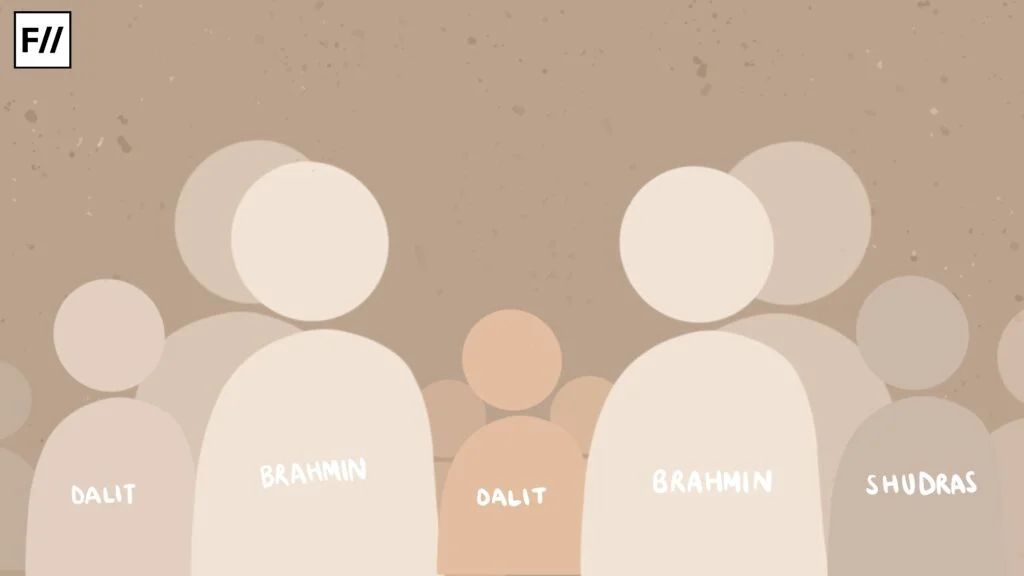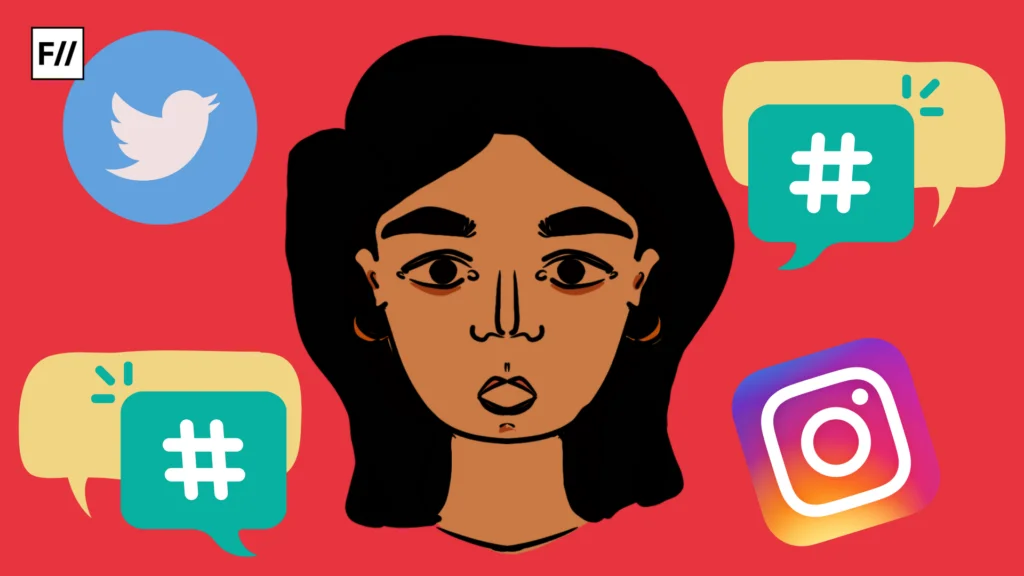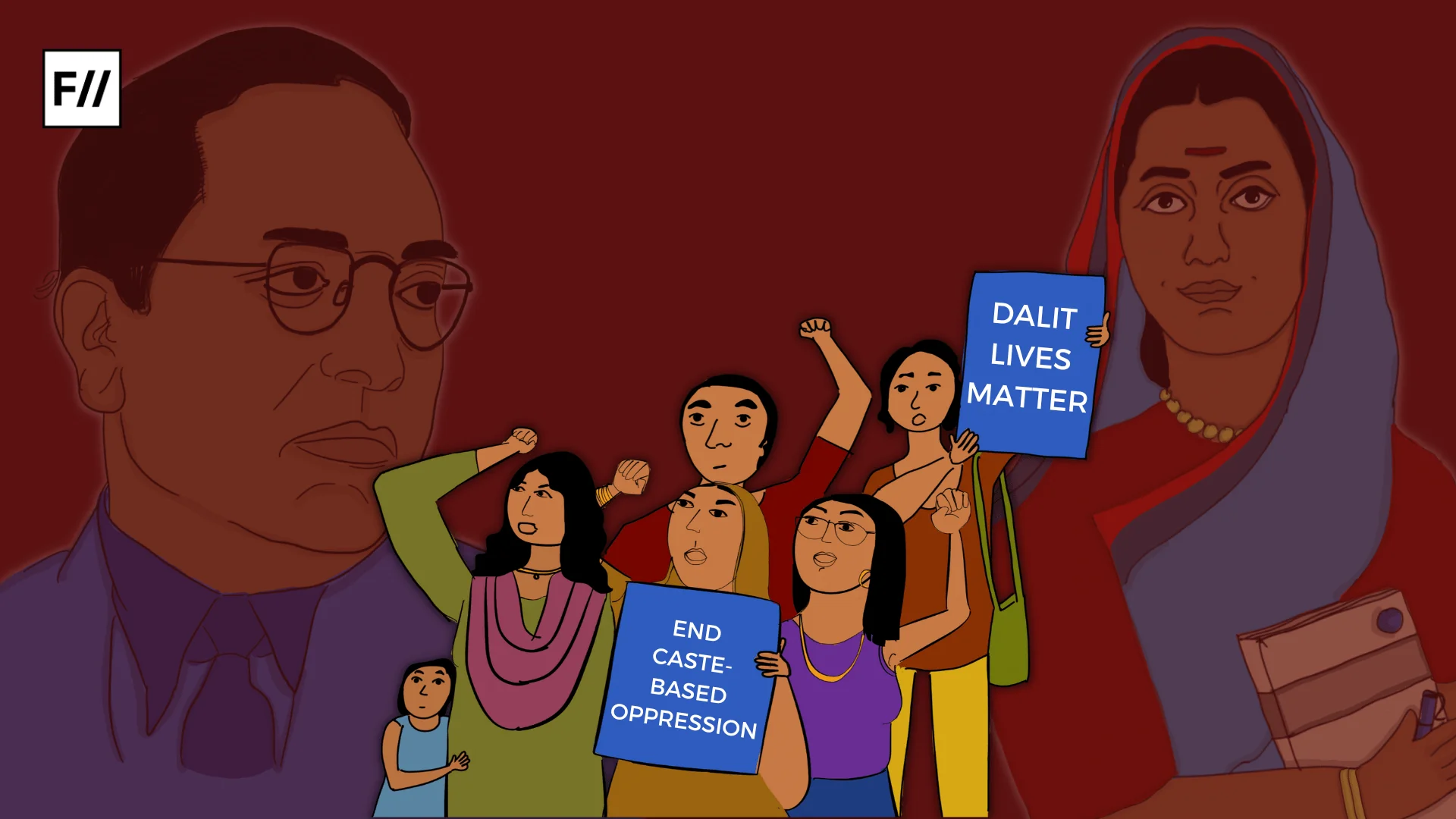This Dalit history month, I would like to express my disappointment as a Dalit-Bahujan anti-caste feminist who finds comfort in my isolation due to the anxiety and hurt experienced at the hands of friends and allies who fail to understand solidarity.
Over the past few years, I have witnessed a pattern wherein friendships developed out of a common interest in social justice, crashing and burning spreading anxiety in the activist and scholarship circles. We need to address this. If we do not have sisterhood, we cannot win the fights.
Discourse of privilege and its misuse
It is common to hear the word privilege being brought up among discussions on oppression, and intersectionality. Privilege is often juxtapositioned against oppression. You either have experienced oppression or hold privileges. This is an erroneous understanding of the discourse of privilege, especially within an intersectional framework. As usual, it is most often quoted against Dalit/Bahujan/Tribal/Queer individuals. While intersectionality has become a familiar term, it has been detached from its roots in Black feminist and Dalit-Shudra thought (Ambedkar, 1916; Davis, 1981; hooks, 1984; Guru, 2011; Collins, 2020.)
Intersectionality does not teach us if you are A and B, your experience would be A+B. But rather it tells us A and B are factors which would forge your lived experience in several ways.
The fallacy of considering intersectionality as an additive measure of oppression takes away from its conception as an acknowledgement of the various ways in which conjugated oppressions can shape unique lived experiences for populations at the margins.
Intersectionality does not teach us if you are A and B, your experience would be A+B. But rather it tells us A and B are factors which would forge your lived experience in several ways. No two people who are A and B will have the same lived experience.
Similarly, privilege was a conceptual tool popularised by feminist and race activists and scholars to reverse the lens of racialised gender outward from oppression to expand its scope from the limited narrative of pain and suffering to allow introspection by allies on their own experience.
More importantly, is my oppression measurable? The practice of intersectionality has become performative in Indian academia and social justice circles and is completely disconnected from its core values. It has become a habit to point to the privileges of others to justify their unworthiness to speak of or for social justice. Is it important to acknowledge privilege? Yes. But is it being used to silence Dalit and oppressed caste individuals from sharing their caste experience? Yes.

There has always been a tendency to conflate caste with class, particularly within discussions on reservation. In addition, the moment a Dalit person achieves some sort of economic security, they are stripped of their Dalitality. You are now part of the bourgeoisie. If you are Dalit and are not struggling to make ends meet, are you truly Dalit? If you embrace western modernity and speak against oppression, are you valid (ehm, Gandhi versus Ambedkar)? If you study in a first-world university, are you truly decolonial? I am not advocating equal representation for everyone or uncritical sanction of space to the privileged. But this is a plea to discard the burden of binary oppositions.
We need to recognise the pervasiveness of caste. It is an oppression which determines and transcends class, gender, language, love, friendships, and everything we know. A Dalit is always a Dalit. Moreover, no two Dalit experiences need to be equated but the plurality celebrated. It is upon the relatively more privileged Dalits in terms of class, sexuality, and education to acknowledge it for the benefit of their less privileged counterparts. But it is never upon other higher-positioned caste members to use the same to revoke what they view as a caste card.
The audacity needs to be checked. It often emerges from their anxiety of a probable stature loss relative to a Dalit. It is their fear of witnessing a Dalit being economically or academically successful despite their caste. It shows them a glimpse of what castelessness might look like and they despise it.
Online friendship and asymmetry of information
Social media, especially since #metoo and COVID-19, has become an active space of social justice resistance in its various forms from feminist protests to solidarity with Palestine. Continued participation in protests and movements against systems of oppression necessitates a strong support group both for the growth of the movement and personal well-being. The isolation of resistance is sought to be soothed by a sense of camaraderie.

Social media enabled the establishment of networks and platforms which connected people who believe in the same causes. Over the last few years, I have witnessed a surge in online friendships. It is mostly positive and productive. However, it has its drawbacks. Often the excitement of finding like-minded people and the emphasis on shared interest results in minimal exchange of personal life, particularly in the past.
I do not seem like a person who skipped school because my mom could not afford my travel expenses in my new car and stylish attire. I am the Dalit with the car now. I have a Dalit-Bahujan caste background. My mom belongs to the Pulaya caste, and my dad was Ezhava. I have often been reminded by my oppressor caste landholding friends to be careful when I identify myself as Dalit.
As a 29-year-old person, I find it exhausting to tell someone new about my past. Not on purpose, but rather it never comes up. I might have shared a few interesting stories, but the character arch remains unknown. This means my relatively new friends know only the newest version of myself.
For most Dalits in their late 20s and 30s, the struggles they have faced in their childhood are scattered under the pile of newer struggles. We have moved on to more nuanced arguments. For example, I do not seem like a person who skipped school because my mom could not afford my travel expenses in my new car and stylish attire. Thus, I become the Dalit with a car now. I have a Dalit-Bahujan caste background. My mom belongs to the Pulaya caste, and my dad was Ezhava. I have often been reminded by my oppressor caste landholding friends to be careful when I identify myself as Dalit.
Did they assume I do not have the intelligence to think about my positionality? I often have to explain how my sister and I were raised by my mother without any support from my dad sans his occasional visits. How I was raised within a Dalit habitus. I had to regurgitate all my childhood trauma so I could prove my Dalitness to an oppressor caste ally for their approval. How the times have changed! It is easier to dismiss and assume than to listen, converse and understand.
Through many friendship heartbreaks, I learnt that relationships need to stand the test of time. They need to know the whole of you, not just your thirst for equality. We need to be ready to share. It is a huge investment which requires respect, patience, and time. Sisterhood is not given, it is forged. If you want to be an ally, prepare to listen. Take time to understand intersectionality. We need to call people out, not tear them down. My Dalitness does not take away your struggle.
Moreover, my privileges do not take away my Dalitness. Let us not tie Dalits to suffering and pain. Let us breathe. Let us unite against the neo-capitalist sexist casteist systems for a post-brahminical feminist utopia.
References:
- Ahmed, S. (2007). A phenomenology of whiteness. Feminist Theory, 149-168.
- Ambedkar, B. R. (1916). Castes in India: Their Mechanism, Genesis and Development. (pp. 1-103). New York: Columbia University.
- Collins, P. H. (2020). Intersectionality. Oxford: Polity Press.
- Davis, A. Y. (1981). Women, Race and Class (First Vintage Books Edition ed.). New York: Random House.
- Guru, G. (2011). The Idea of India: ’Derivative, Desi and Beyond’. Economic and Political Weekly, 36-42.
- hooks, b. (1984). Feminist Theory: From Margin to Center. Cambridge: South End Press.
About the author(s)
Uthara Geetha is a doctoral student at the University of Oviedo (Spain) working on Decolonization, gender and the politics of creative solidarities within new South-Asian Transnational Literature under the Marie- Sklodowska- Curie Actions scholarship funded by the European Union. She was an Erasmus Mundus scholar (2019-21) in Gender Studies University of York (UK) and the University of Oviedo (Spain). She also holds a master’s degree in applied economics from the Centre for Development Studies, India. Her main research interest is in the intersections of gender
with race, caste, and class within a transnational framework inspired by her Dalit identity. In addition to her academic works, she also writes online articles on popular culture from a decolonial intersectional feminist perspective.





